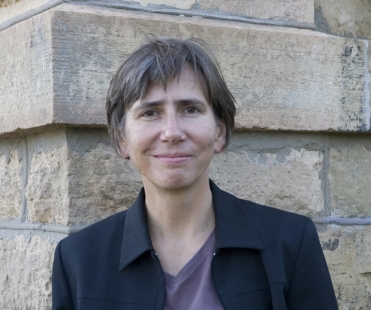Please join us for the SAFN reception and distinguished speaker on Saturday, Nov. 19 at 7:45pm at the AAA conference in Minneapolis. This year our distinguished speaker is Lisa Heldke, Professor of Philosophy at Gustavus Adolphus College. Prof. Heldke’s work explores the philosophical significance of food, which she explores in her book Exotic Appetites: Ruminations of a Food Adventurer, two co-edited volumes Cooking, Eating, Thinking: Transformative Philosophies of Food and The Atkins Diet and Philosophy, and numerous articles.
The title of Heldke’s talk is “It’s Chomping All the Way Down: Guts, Dirt and Fundamental(ish) Metaphysical Concepts”. The following is an amuse bouche that will hopefully whet your appetite for the talk:
How are we to understand the concepts of individual, and of person, in the age of the microbiome? We are awash in news accounts of research into the microorganisms that live on our skin, in our guts and in the soil. We learn that humans play host to more individual non-human organisms than we have cells of “our own,” and that those organisms play vital roles in essential processes such as digestion. The deep interdependence between humans and our microbiotic “guests” has led biologist Scott Gilbert to declare, “we are all lichens”—that is, “multicellular eukaryote[s] plus colonies of persistent symbionts.”
But symbiotic “lichen personhood” tells only part of the story of what it means to be a biological individual. Another, crucial, part is this: our bodies may end up playing host to a set of parasitic guests who deplete our hospitality and sicken or even kill us. Parasitism is not an inessential, accidental, or infrequent occurrence. Furthermore, the distinction between parasite and symbiont is neither sharp nor static; today’s symbiont may be tomorrow’s parasite. A conception of personhood must not simply acknowledge but also absorb this feature of existence.
Taking parasitism to be metaphysically relevant and instructive challenges the dualisms that dominate western metaphysics, in particular the self/other dualism. The parasite, taken both literally and figuratively, calls us to refabricate models of personhood that have rested on this tidy division. The result is a relational ontology with teeth.
